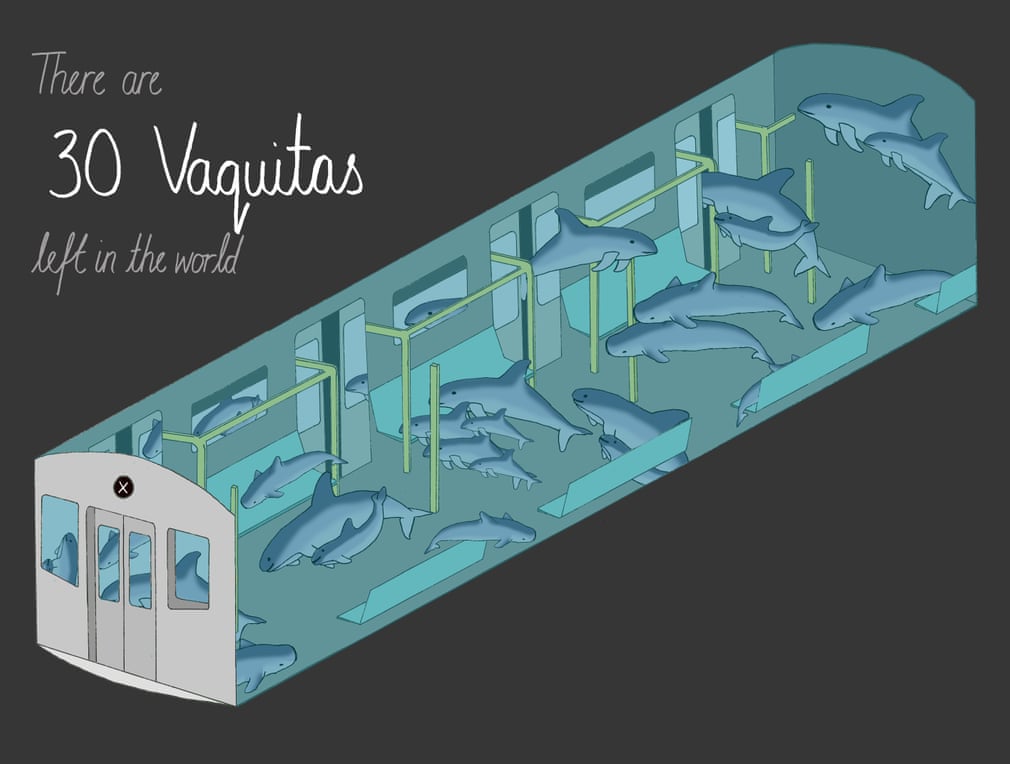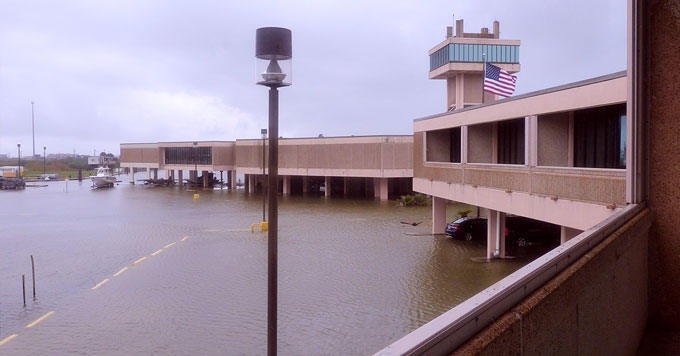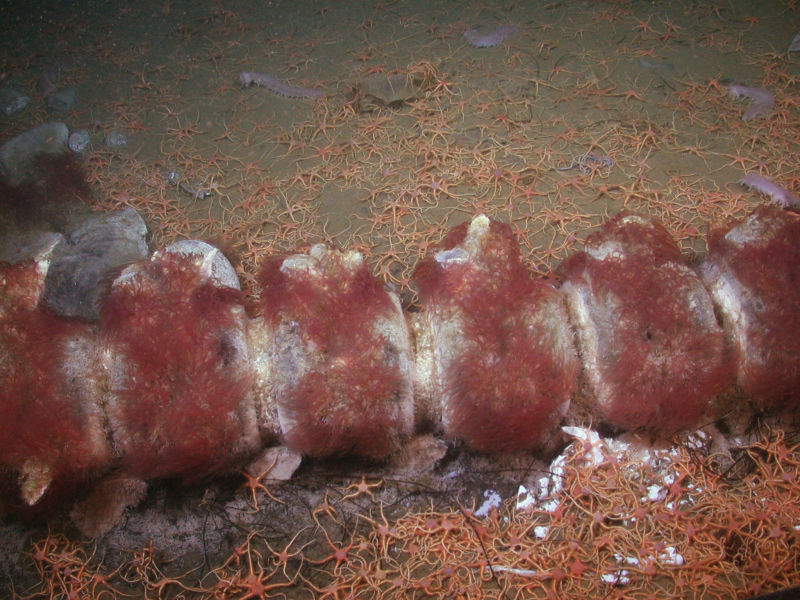
Foghorn (a call to action)
- After a decade spent expanding marine protection throughout the US EEZ, the federal government is going to war on healthy oceans: The Trump Administration’s New Attack on Marine Monuments.
- Want to work for COMPASS in DC? One of the nation’s preeminent science communications institutions is hiring, and trust me, DC needs you.
- If fleeing to Canada is more your style (David (¬_¬) ), Ocean Watch is hiring a manager to plan, manage and execute the Coastal Ocean Health Initiative.
Flotsam (what we’re obsessed with right now)
- Gulper Eels are amazing. Amazing.
- This is an amazing series of visualizations from the Guardian. Seven endangered species that could (almost) fit in a single train carriage.

Illustration: Mona Chalabi
- There are sextants on the International Space Station and I can’t stop thinking about it.


